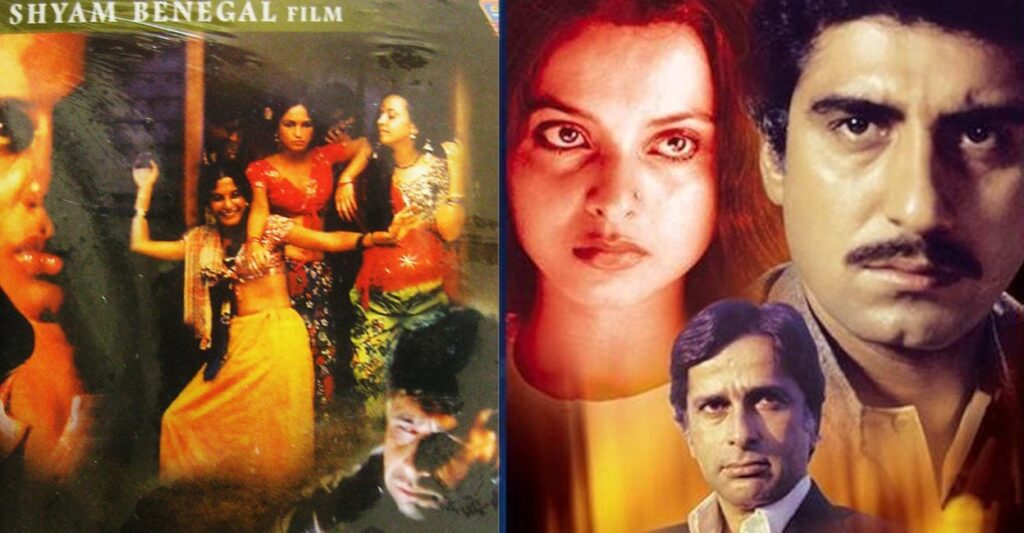Shyam Benegal: A Pioneer of Feminist Cinema in India
The renowned filmmaker and screenwriter, Shyam Benegal, who passed away at 90 on Monday evening, has left an indelible mark as a chronicler of India’s social and political landscape. His films, characterized by their empathetic storytelling and rootedness in Indian realities, often engaged with themes of gender and social justice, making them inherently political. With influential works like ‘Ankur,’ ‘Nishant,’ and ‘Bhumika,’ Benegal revolutionized cinematic norms, charting a course distinct from mainstream cinema.
Trailblazing Career and Significant Works
Making his cinematic debut with ‘Ankur’ in 1974, Benegal analyzed the feudal system and the exploitation of women in rural India. This pioneering film laid the foundation for a new cinematic language that stripped away the artificiality typical of the era’s superhero-centric narratives, paving the way for more authentic storytelling. Over his prolific career, which spanned more than 25 films, he directed noteworthy titles such as ‘Mandi,’ ‘Manthan,’ ‘Junoon,’ ‘Kalyug,’ and ‘Zubeidaa.’
Documentary and Television Contributions
Benegal’s remarkable contributions extend beyond feature films. He created a profound documentary on the legendary filmmaker Satyajit Ray and ambitious television series such as ‘Bharat Ek Khoj,’ inspired by Jawaharlal Nehru’s ‘Discovery of India,’ and ‘Samvidhaan,’ a 10-part drama depicting the making of the Indian Constitution. Through these projects, he not only entertained but also educated audiences on vital aspects of Indian history and culture.
Shining a Light on Discrimination and Struggles
Benegal’s films were a blend of personal narratives and broader socio-political commentary, often delving into the struggles surrounding class, caste, and gender. The themes were approached with a keen eye—serious at times, satirical at others. For instance, ‘Kalyug’ reinterprets the Mahabharata in a modern setting, while ‘Bhumika’ presents a compelling story of a woman film star grappling with the exploitative relationships in her life. ‘Mandi,’ centered on a brothel and its inhabitants, highlights the complex lives of women navigating male-dominated societal structures, while ‘Welcome to Sajjanpur’ employs satire to expand on these themes.
A Champion for Women’s Rights
Known affectionately as Shyam Babu among colleagues, Benegal was an enduring figure in meaningful Indian cinema throughout the 1970s and 1980s. In his films, he boldly tackled issues of gender inequality, highlighting the harsh realities faced by women in a patriarchal society. His advocacy for women’s liberation was evident, particularly in ‘Mandi,’ where he emphasized that women’s emancipation is critical for the nation’s progress.
Impact on Indian Cinema
Benegal’s influence in the film industry is profound, having played a pivotal role in elevating numerous actors, including the likes of Shabana Azmi, Smita Patil, Naseeruddin Shah, and Girish Karnad, who earned acclaim through his works. Even established stars such as Shashi Kapoor and Rekha showcased outstanding performances in films like ‘Kalyug,’ further establishing Benegal’s reputation for nurturing talent while promoting narrative depth.
A Lasting Legacy
Shyam Benegal’s films remain vital within the sphere of Indian cinema, combining artistry with social commentary. His commitment to showcasing women’s struggles and societal injustices through a feminist lens has solidified his legacy as a pioneer of thoughtful and transformative cinema. Through his diverse body of work, he has not only entertained audiences but also encouraged them to reflect on critical issues that shape society.


